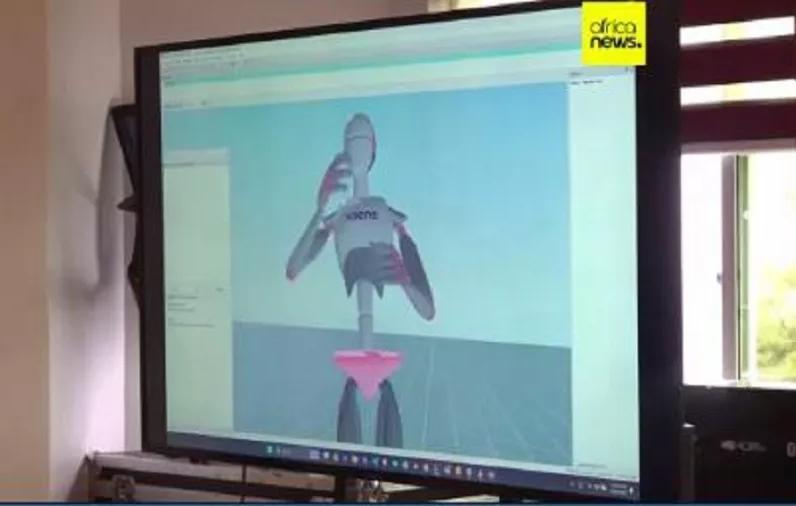In the heart of Nairobi’s tech scene, a groundbreaking startup is transforming the way Kenya’s deaf community connects with the world. Signvrse, founded in 2023 by 24-year-old Elly Savatia, is pioneering an AI-powered platform called Terp 360 that translates spoken and written English into Kenyan Sign Language (KSL) using motion-captured digital avatars. This innovation, recently recognized with the prestigious Kenya Presidential Innovation Award, blends cutting-edge artificial intelligence with motion capture technology to replicate the nuanced gestures, hand movements, and facial expressions of real-life interpreters—creating avatars that sign with remarkable fluency and realism.
Savatia describes Terp 360 as “Google Translate for sign language,” a tool designed to bridge communication gaps in everyday life. For deaf Kenyans like Kelvin Munene, a waiter in Nairobi, the impact could be transformative. “I had a lot of challenges when searching for a job, and sometimes at the hospital,” Munene shares. “I think this app will help solve those problems and make communication easier.” Yet, he hopes future updates will include Swahili translation, as the current version only supports English input.
While the technology is promising, it’s not without limitations. Leakey Nyabaro, founder of Galaxy Sign Language Training Centre, points out that the app still contains errors and is more effective in sign-to-voice translation—benefiting hearing users more than the deaf. “It’s not perfect,” Nyabaro says, “but it’s a step forward.”
Despite the challenges, Signvrse is gaining traction, with over 2,000 users already on its web-based platform. Plans are underway to launch a mobile version by December 2025, with a long-term goal of offering a subscription-based service tailored for both personal and enterprise use. As Signvrse continues to refine its technology, it holds the potential to revolutionize accessibility across Kenya—one sign at a time.
